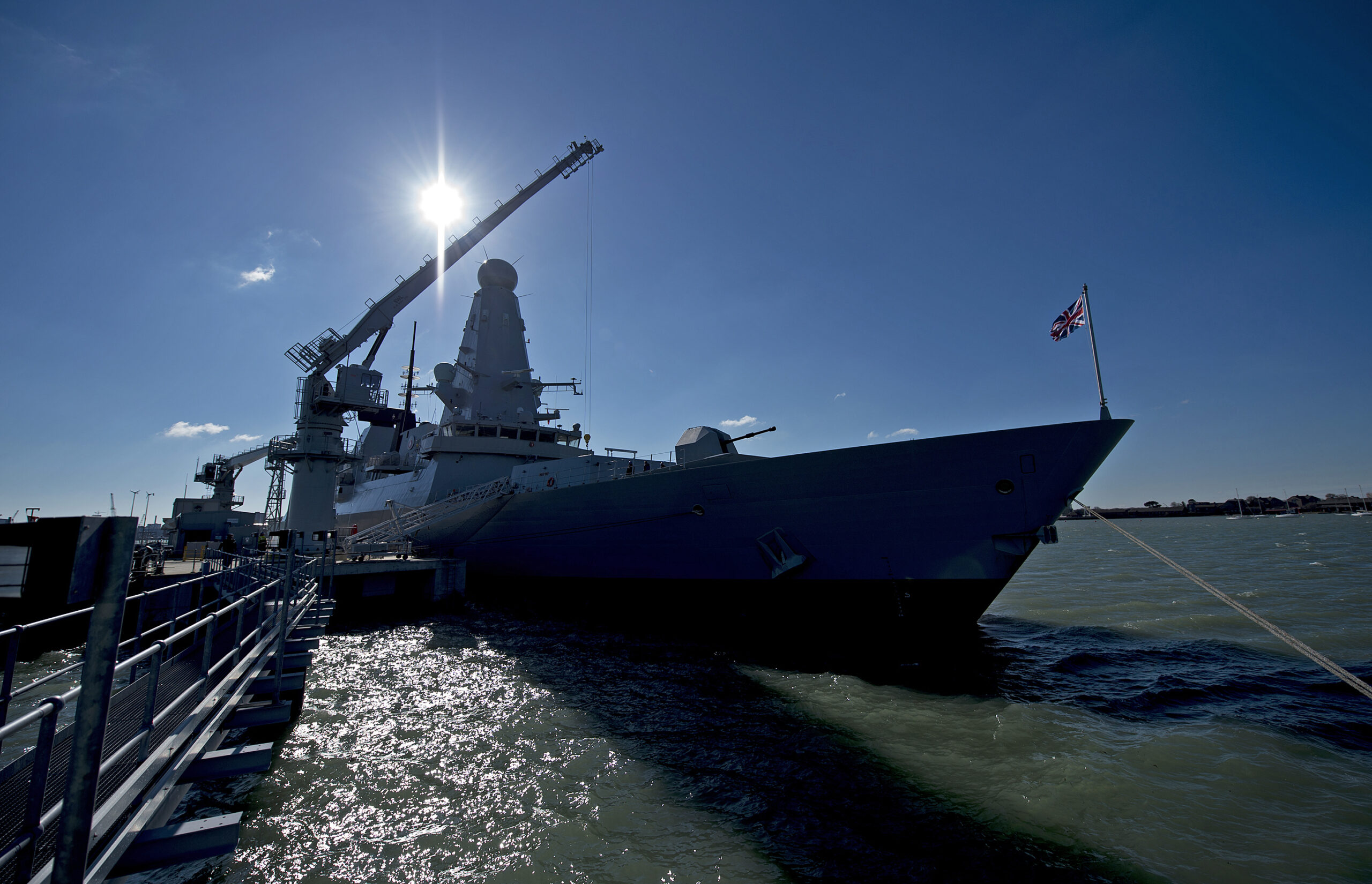
On 11 February Secretary of State (SoS) for Defence Gavin Williamson delivered a speech about the immediate and long-term future of the UK’s armed forces and Britain’s geostrategic place in the world post-Brexit. Covering a myriad of topics from new technological capabilities to international cooperation and global readiness there was much to dissect and analyse; below are the highlights and points to note for industry.
Cooperation
- Noting that Brexit provides an opportunity for the UK to ‘redefine’ its role on the global stage; what does this mean for industry? International business is critical for UK defence companies, given shrinking real-terms UK defence spend it is important that the MoD, BEIS, DIT and other other Government departments provide continued support to UK industrial efforts to export and take advantage of the UK’s global posture. Government support to exports is experiencing a helpful push across a range of industries with the UK’s GREAT campaign. MoD support to defence and security exports should not be the exception.
- SoS spoke about strengthening the UK’s engagement with the Five Eyes Alliance and the Five Power Defence Arrangements, as well as bi-lateral relationships with Middle Eastern nations. Government to Government relationships and leadership in international alliances can be bolstered ten-fold with strategic industry to industry engagement. This requires a coordinated approach from the UK Government and Industry; utilising organisations such as the Defence Solutions Centre that have a deep understanding of the future capability requirements of our partners and allies. Considering the renewed focus on UK exports and the third national security objective (prosperity) this coordinated approach should be seen within MoD as a high priority.
Modernisation
- The first capabilities to emerge from the previously announced Defence Transformation Fund ranged from new littoral strike ships (forming an important part of a rejuvenated amphibious force) and storm squadrons of network enabled drones capable of overwhelming enemy air defences. The drone squadron, originally announced as deployable by the end of 2019, has since been revised to be developed in a three-year programme – with an in-service date most likely closer to 2021. Integration of this new capability into military doctrine and operations will be a big challenge for an armed forces more comfortable with conventional platforms.
- Briefly covering space capabilities and Defence’s role in the future of the UK in space, SoS stated that the UK will bring together the very best of military and civilian personnel. The UK’s burgeoning space sector is full of innovative SMEs, a sub-section of our industry that have a wealth of potential customers. From commercial communications and broadcasting to GPS and scientific research; there are many potential customers for these companies – Defence must make itself an attractive and intelligent customer in order to keep the interest of these businesses.
Readiness
- The permanent deployment of over five naval vessels in the Gulf, with increased rates of availability is a measure that will see more stress placed upon the Royal Navy and the vast portion of UK industry that supports their activities. The complexity of supporting and sustaining naval military capability around the globe requires a Whole Force Approach that has flexibility and agility at its core. ADS is working with MoD partners to further develop these concepts and apply it to the development of military doctrine.
As described here the SoS’ speech covered a multitude of topics and described many new capabilities to be developed and deployed in the coming decade. Although this was not a speech aimed at industry, or indeed designed to speak only to that audience, there was a notable gap in the connection between the armed forces and the industries that sustain and supply them. Will the recommendation of Phillip Dunne MP’s Prosperity Review to revaluate the defence procurement rules to better support UK industry affect how to UK goes to market globally? This was not directly referenced during the address; however it is a key question for industry and greatly affects how the UK defence market is viewed globally. The effective integration of the vision set out by SoS will rely heavily on industrial partnerships and a coordinated approach to how the UK will shape its global presence post-Brexit ; ADS will continue to work with MoD colleagues to ensure these concepts are developed further.





